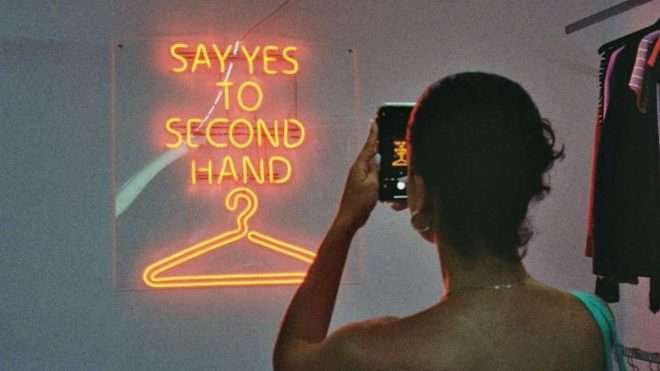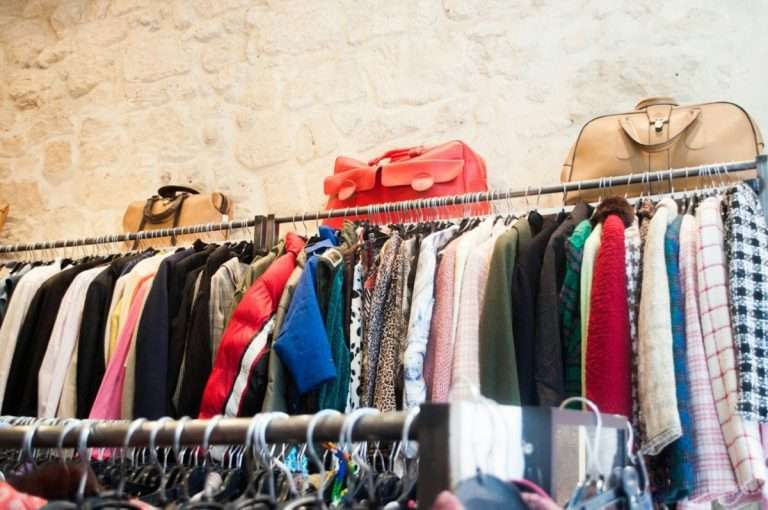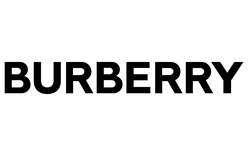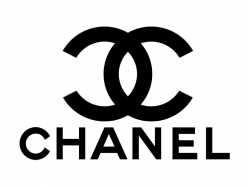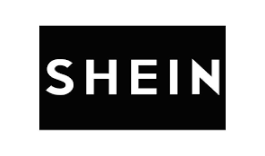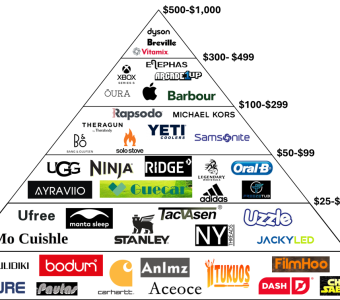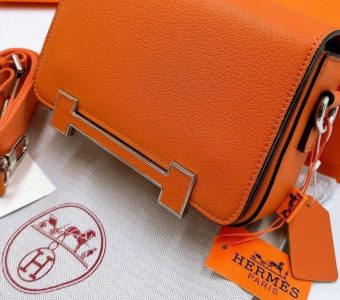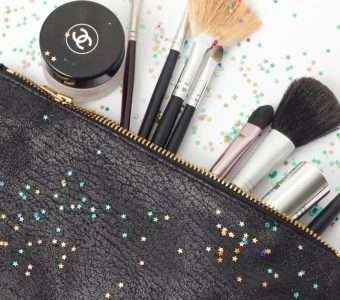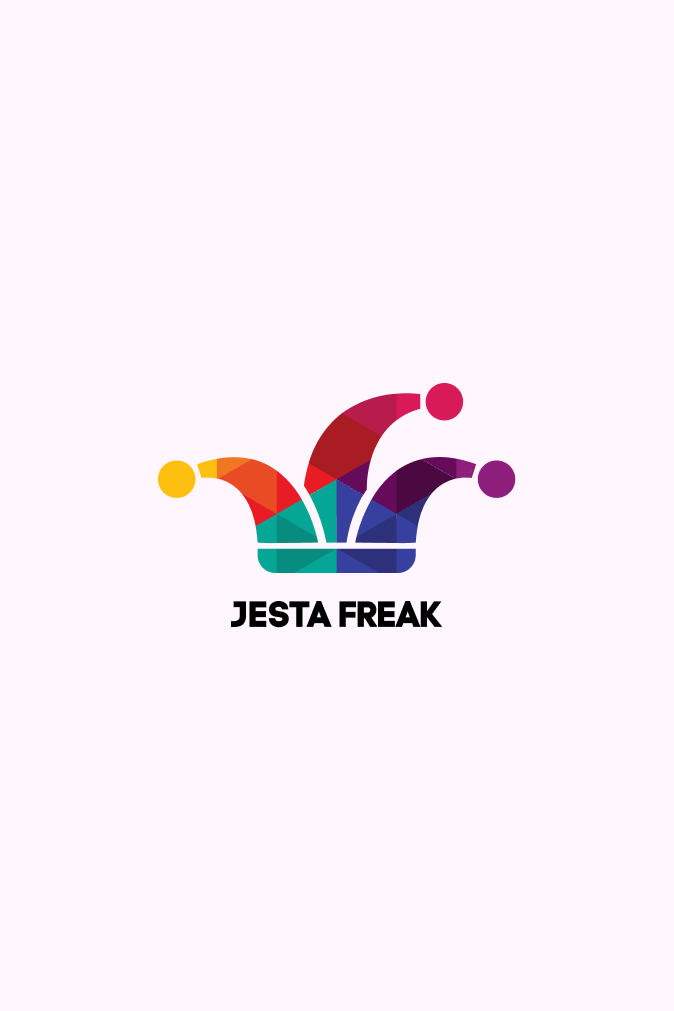For those who don’t know, Amsterdam is one of the European top leading cities in second-hand and vintage clothes and furniture businesses. Preloved shops are scattered all around the fascinating city, you can literally find them everywhere.
Dutch people are strong advocates for sustainability and firmly believe in recycling, giving quality products a second chance – which also gives their pocket a better deal, of course.
The culture of preloved goods and products is very popular and involves everything you can imagine, from clothes, fashion, accessories, shoes, jewelry, furniture, households, office equipment, etc.. high-quality leather, organic wool, linen, silver, etc.. local brands and international brands, including luxury high-end brands, like Burberry, Chanel, Hermès, etc.. The entire country supports this ideology and adopted this philosophy long ago, hence many families live out of these businesses.
In addition to shops, second-hand markets in Amsterdam run on yearly fixed schedules and move around the big city squares at specific different days of the week. Second-hand business in the Netherlands is strongly supported by popular mobile apps, also benefiting small shops, the National Post, and other international delivery businesses.
The Netherlands has always been a major player in recycling textiles, also worldwide. According to the European Circular Economy Stakeholder Platform:

In 2018, 84% of the textiles collected in the Netherlands were sold abroad, with 53% suitable for re-wearing, 33% recycled, and 14% non-recyclable and non-renewable. This is enabled by the Netherlands’ well-established and innovative collection and sorting ecosystem, with approximately 2,488 companies active in this space.

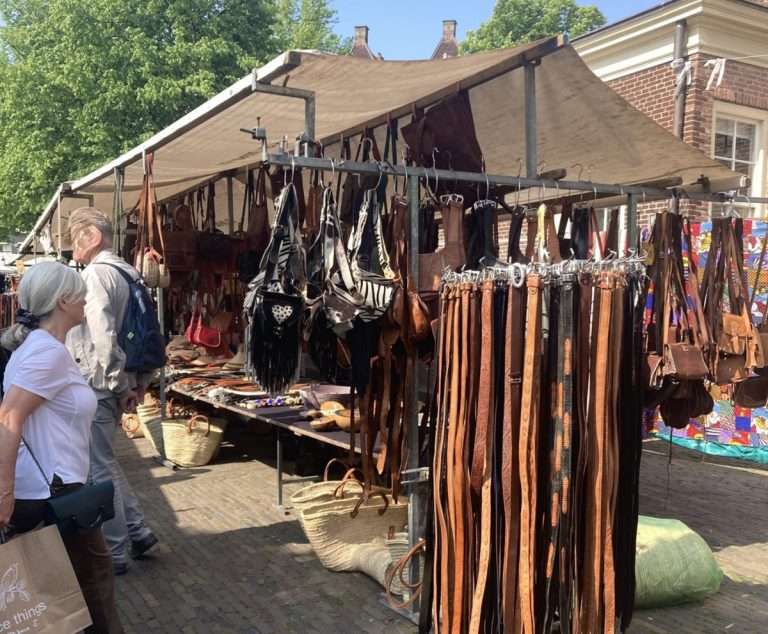
Source: Jesta Freak
What Happened?
As reported by The Dutch News on the 20th of August 2024, the value of second-hand clothing exports from the Netherlands dropped by over 30% in the first half of the year, due to the rise of ultra-fast fashion and the loss of key and important markets in Ukraine and Russia. Collection and sorting companies are now left with large stockpiles, struggling to find buyers.
“The market for these items has dried up. The largest textile waste problem is right here now in the Netherlands,” said Charles Graft, Director of Sympany, which manages second-hand clothing for 67 local councils.
“But the biggest threat to the industry is the rise in sales of extremely cheap and badly made textiles”, said Lennert Vermaat of industry body Vereniging Herwinning Textiel.
The major challenge is the growing availability of ultra-cheap, low-quality textiles from Chinese producers like Shein and Temu. These brands are enabling consumers, particularly in Africa, to buy new clothing for the first time, undermining the demand for second-hand items.
In the Netherlands, approximately one billion items of clothing are sold annually. Over half of discarded clothing is incinerated, with the rest being recycled or exported. Sympany is facing financial problems, and one sorting center, Ada Textiel Recycling, has already closed, resulting in job losses. Graft hopes for government support but fears the negative impact of waste mountains on public perception.
According to Euronews, The European Commission has officially designated Shein, the fast-fashion retailer, as a Very Large Online Platform (VLOP) under the EU’s Digital Services Act, in response to its significant user base across Europe. This designation imposes rigorous compliance obligations on the Singapore-based company, including the implementation of specific measures to protect user well-being and the proactive monitoring of illegal activities, such as the sale of counterfeit goods.
Shein, which currently serves over 45 million monthly users within the European Union, has been given a four-month timeframe to meet these stringent requirements, with the deadline set for the end of August 2024. The company, founded in 2012, has affirmed its commitment to fulfilling these regulatory obligations.
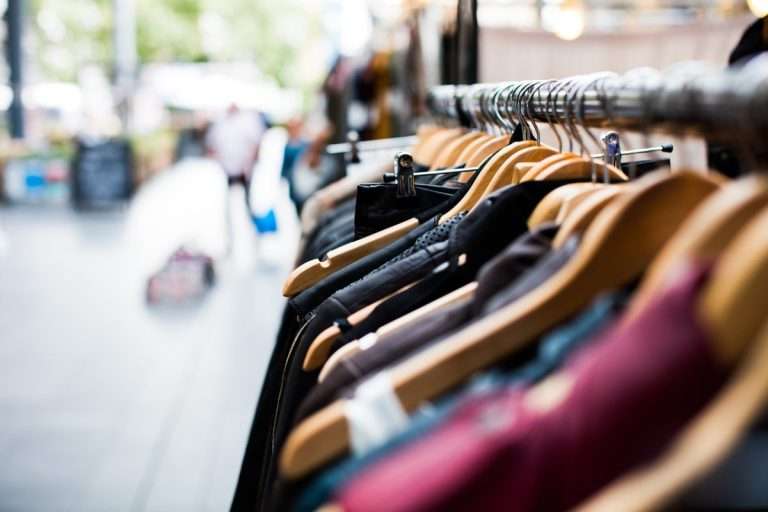
In an official statement, Leonard Lin, Shein’s Global Head of Public Affairs, stated: “We fully support the European Commission’s objective of ensuring a secure online shopping environment for consumers within the EU, and we are resolute in our commitment to achieving compliance. We will continue to engage constructively with the European Commission to uphold a safe and compliant digital environment for our global community.”
Likewise, In March 2024, Euronews reported that the e-commerce platform Temu, managed by the Chinese company PDD Holdings, faced further inquiries regarding its business operations, coinciding with a continued increase in its user base.
Tell us about your favourite family car or car brand. Join Jestafreak today, complete Your Lifestyle Profile, and record which brands, experiences, and destinations you are passionate about and love. Unlock a new world! Discover a community that loves brands and seize opportunities to make your voice heard.
Visit Jestafreak.com to explore in-depth insights into consumer behavior, brand histories, and much more.
Engage directly with our community in the Jester’s Court, or amplify your influence by becoming an Angel Customer by completing your private personal lifestyle profile.
